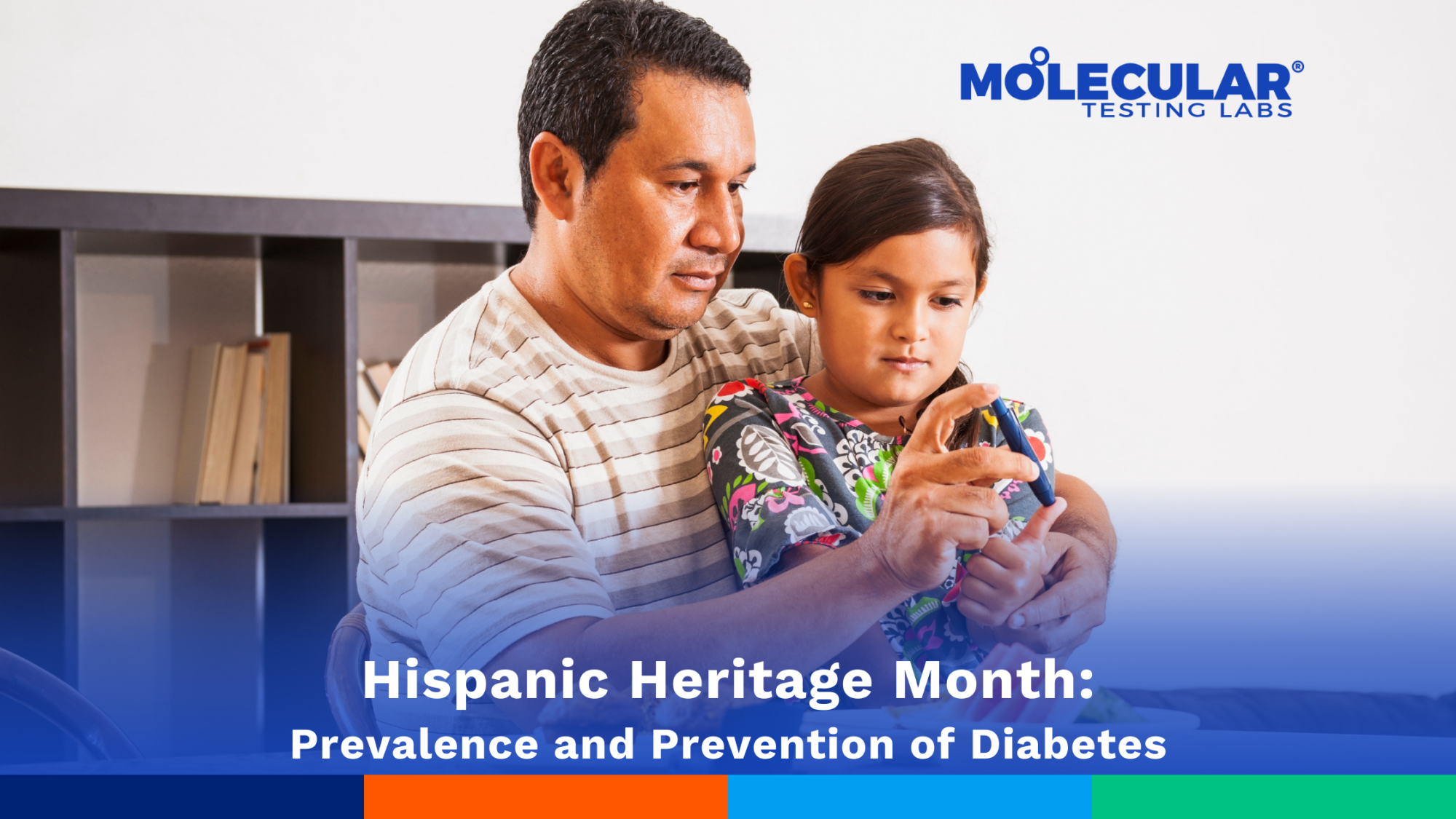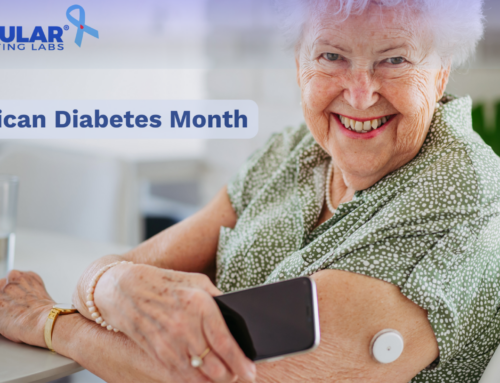
Hispanic Heritage Month: Prevalence and Prevention of Diabetes
Share:
According to the US Department of Health and Human Services Office of Minority Health, Hispanic people in the US are up to 70% more likely to be diagnosed with type 2 diabetes than non-Hispanic people. Multiple factors contribute to this discrepancy, including genetics and socioeconomic status.
Diabetes does not have one specific cause; it is influenced by various contributing factors, such as genetics, socioeconomic status, and the environment in which you live. However, there is a strong hereditary association with genetic variants linked to a predisposition for developing type 2 diabetes identified in Hispanic populations in recent years. These variations account for some of the increased risk of diabetes for Hispanic people. While no one can change their genetics, we can mitigate the risk of chronic conditions like diabetes by understanding disparities in health equity and health outcomes across communities.
With approximately one-third of Hispanic households reporting material hardship in 2020, compared to about one-quarter of non-Hispanic households, socioeconomic status must be considered when addressing the growing number of diabetes diagnoses in this population each year. Without access to quality and appropriate preventative healthcare, patients are more likely to be diagnosed with diabetes and other chronic conditions. Not only must we include proper testing protocols, such as regular blood sugar testing and maintaining accurate family history in healthcare, but we must also include opportunities for health education. Educating patients about risk factors for chronic conditions can put them in a better position to improve their health outcomes by changing habits.
A 2020 study in the Journal of Clinical Medicine Research concluded that creating and implementing a culturally relevant diabetes management education program in Hispanic communities significantly improves health outcomes for diabetes patients. Providing opportunities for patients to monitor their diabetes with HbA1c, glucose, and insulin tests in an environment where they feel comfortable and understood could help reduce complications and improve health outcomes.
Molecular Testing Labs is committed to bridging the gaps between communities with our innovative approach to diagnostic testing. Our self-collected HbA1c test on dried blood samples was recently awarded the prestigious National Glycohemoglobin Standardization Program (NGSP) Level 1 Laboratory Certification, allowing patients to collect necessary blood sugar monitoring samples without a trip to a clinic or blood draw center. Our convenient and affordable testing options enable providers and patients to possibly improve patient participation in condition management.
Continue the discussion by sharing this post on your social media!
References
- US Department of Health and Human Services Office of Minority Health. (2021, March 1). Diabetes and Hispanic Americans. MinorityHealth.HHS.gov. https://minorityhealth.hhs.gov/omh/browse.aspx?lvl=4&lvlid=63#:~:text=Hispanic%20adults%20are%2070%20percent,with%20diabetes%20by%20a%20physician.
- Aguayo-Mazzucato, C., Diaque, P., Hernandez, S., Rosas, S., Kostic, A. and Caballero, A.E. (2018). Understanding the growing epidemic of type 2 diabetes in the Hispanic population living in the United States. Diabetes Metab Res Rev., 35(2), e3097. https://www.ncbi.nlm.nih.gov/pmc/articles/PMC6953173/
- United States Census Bureau. (2022, September 28). Half of People of Dominican and Salvadoran Origin Experienced Material Hardship in 2020. Census.gov. https://www.census.gov/library/stories/2022/09/hardships-wealth-disparities-across-hispanic-groups.html
- Flores-Luevano S, Pacheco M, Shokar G.S., Dwivedi A.K., Shokar N.K. (2020) Impact of a Culturally Tailored Diabetes Education and Empowerment Program in a Mexican American Population Along the US/Mexico Border: A Pragmatic Study. Journal of Clinical Medicine Research, 12(8), 517-529. https://www.ncbi.nlm.nih.gov/pmc/articles/PMC7430876/#:~:text=Conclusion,in%20outcomes%20among%20Hispanic%20participants.




